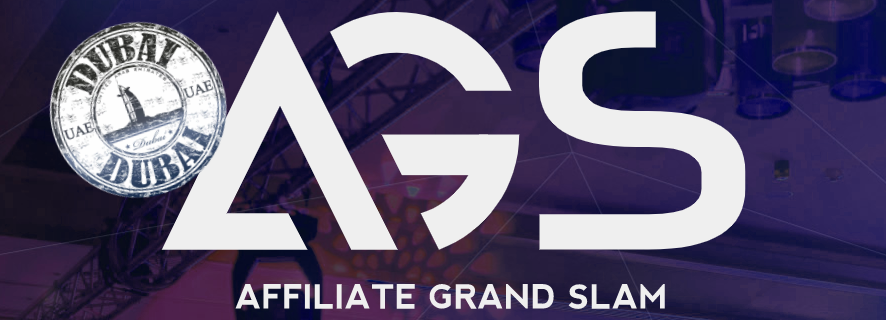Anti-Money Laundering Guidance Brings Tougher Gambling Control in Sweden

- Operators and the state vs. terrorism and money laundering
- $2,350 per year is declared a non-suspicious deposit amount
- Operators must thoroughly check client’s identity and his/her proof-of-funds
- Seminars for the Swedish operators will be held by the state and the police
What Is Expected of Licenses in Swedish Market
The Swedish Gambling Inspectorate, Spelinspektionen, has updated the anti-money laundering guidance, created to aid Swedish iGaming operators in combating terrorist financing and money laundering. Locally licensed iGaming operators now must dedicate themselves to assessing the risk of their operations and keeping track of all internal procedures based on the results of these assessments. In addition, Spelinspektionen announced that iGaming companies must focus their efforts on gambling areas that are at the biggest risk of being used for illegal activities, namely money laundering and financing terrorist organizations, and to review and update their operations in line with the Swedish Money Laundering Act.
The Spelinspektionen chief executive officer Camilla Rosenberg has said that “This guide will lead to an increased understanding of what is expected of licensees in the Swedish market”, stressing out the need for clarification and guidelines in the industry that is an easy target for money laundering purposes.
The regulator published an official press release, stating that the new guidelines are based upon previous supervisory experiences and they were initiated by requests made by iGaming companies willing to offer their help. Aside from various obligations associated with money laundering prevention, the guidance also points out issues relevant to all other, gambling-related licenses.
According to the regulator’s advice, the first step operators can do is to create internal routines and procedures that will include monitoring, customer awareness, and obviously – reporting. The operators are instructed to make sure that their employees are fully aware of license-related guidelines and practices, at the same time integrating this knowledge into their training regimes and risk assessment in general.
The Swedish watchdogs told the operators that they must collect ‘relevant information’ of their customers in order to positively identify their identity via electronic data collection. Actions like this, says the Spelinspektionen, will enable companies to better assess their risks, isolate the threat and take actions more effectively.
It is suggested to iGaming operators that clients who deposit less than 2,000 pounds, roughly $2,350 in one year’s time, should be considered as ‘low risk’ in terms of terrorist financing and money laundering. There are many indications when an operator is advised to take action:
- If a client deposits more than 2,000 pounds per year or makes extremely large transactions.
- Displays an unusual or irrational playstyle.
- Do not respond to calls made by the operator.
- Refuses to submit documents that can prove the origin of their money.
Furthermore, companies involved in sports betting and online casinos are advised to collect identity information just as proof-of-funds documents, and to pay special attention to all suspicious money transactions. If they fail to resolve a specific case of suspected money laundering, it should be passed to the Swedish financial law enforcement unit.
In order ‘to further increase compliance with the rules’, Spelinspektionen will hold digital seminars open to all iGaming operators holding a Swedish gambling license, and these events will be held in cooperation with the Swedish police.


